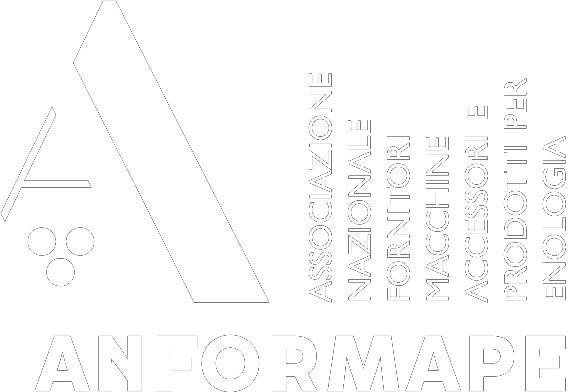
VERONICA VEZZANI
R&D Enzymatic Formulation Specialist
HOW TO EXTRACT PECTIN FROM FRUIT PROCESSING RESIDUES IN A SUSTAINABLE WAY?
Fruit processing industries inevitably generate a large amount of waste during processing due to the removal of the inedible part of the fruit such as peels and seeds. Nowadays, this 'waste' is not thrown away, but becomes raw material for many industries working to meet the growing demand for processed fruit products that have great market potential.
Indeed, it is well known that processing residues contain a wide range of valuable bioactive molecules, such as pectin, polyphenols, essential oils, and polysaccharides. Extracting high value-added products from these wastes contributes to a circular economy project to minimise waste and promote sustainability.
Depending on the 'DE', pectin can be classified as high methoxyl pectin (> 50 % of methoxyl groups) or low methoxyl pectin (< 50 % of methoxyl groups), which is a key feature for pectin producers as it determines its gelatinising capacity.
In fact, high methoxyl pectins have a high gelatinising power and produce compact and stiff gels. Low methoxyl pectins, on the other hand, have a lower gelatinising power and produce a more soft and viscous gel. Depending on the actual use of the pectin, customers require a precise degree of esterification of the final pectin from the pectin extraction companies, depending on whether it is to be applied in the production of yoghurt, jam or as a stabiliser and emulsifier in food packaging.
HOW DOES THE EXTRACTION PROCESS TAKE PLACE TODAY?
Currently, the process of extracting pectin with inorganic acid is the most widespread and widely used by industries. However, it is a highly polluting process that gives rise to waste water that must necessarily be disposed of and cannot be reintroduced into the system. Turning this into a sustainable process is possible by adopting the principles of ecological engineering, which promotes the conservation of nature's complexity to obtain complex molecules.
FROM AEB COMES A GREEN PROPOSAL FOR PECTIN EXTRACTION
In recent years, due to the growing interest of companies in process sustainability, a number of emerging unconventional and alternative methods to classical methods for extracting pectin have emerged.
Hence the proposal of new, more ecological technologies and processes. In particular, the methodology that is gaining popularity focuses on obtaining higher yields and a higher quality pectin than that obtained by extraction with inorganic acids. This is possible through the use of organic acids (such as citric, tartaric and malic acid) and enzymes.
SUSTAINABLE PECTIN EXTRACTION: THE BENEFITS

Extraction
quality
Pectin with high performance thanks to the use of highly specific enzymes.

Reduction
of inorganic acids
Reduced use of polluting chemicals with consequent recovery of process water.

Energy
efficiency
The lower operating temperature reduces pollutant emissions.
For years, we have been committed to developing a range of enzymes for unconventional applications and to formulating specific environmentally friendly extraction products. We do this in the best possible way by collaborating with major companies working in the field of pectin extraction.
Experience and co-design with our customers have resulted in numerous products such as the new Endozym PE 90, a specific PME with high concentration and purification to modify degrees of methoxylation. Another example is a cellulase and xylanase product that helps extract natural fibre by recovering process water from the system. Endozym PE 90 is a liquid enzyme based on highly purified Pectin Methylsterase (PME). The absence of contamination by other pectolytic activities such as Polygalacturonase (PG) and Pectinlyase (PL) make it a suitable product for obtaining pectins with a specific degree of esterification (DE). Certified GMO-FREE, Endozym PE 90 finds application in various production contexts and reduces the environmental impact of using inorganic acids in the extraction process.


 Australia
Australia
 China
China
 Germany
Germany
 Hungary
Hungary
 United Kingdom
United Kingdom
 USA
USA





